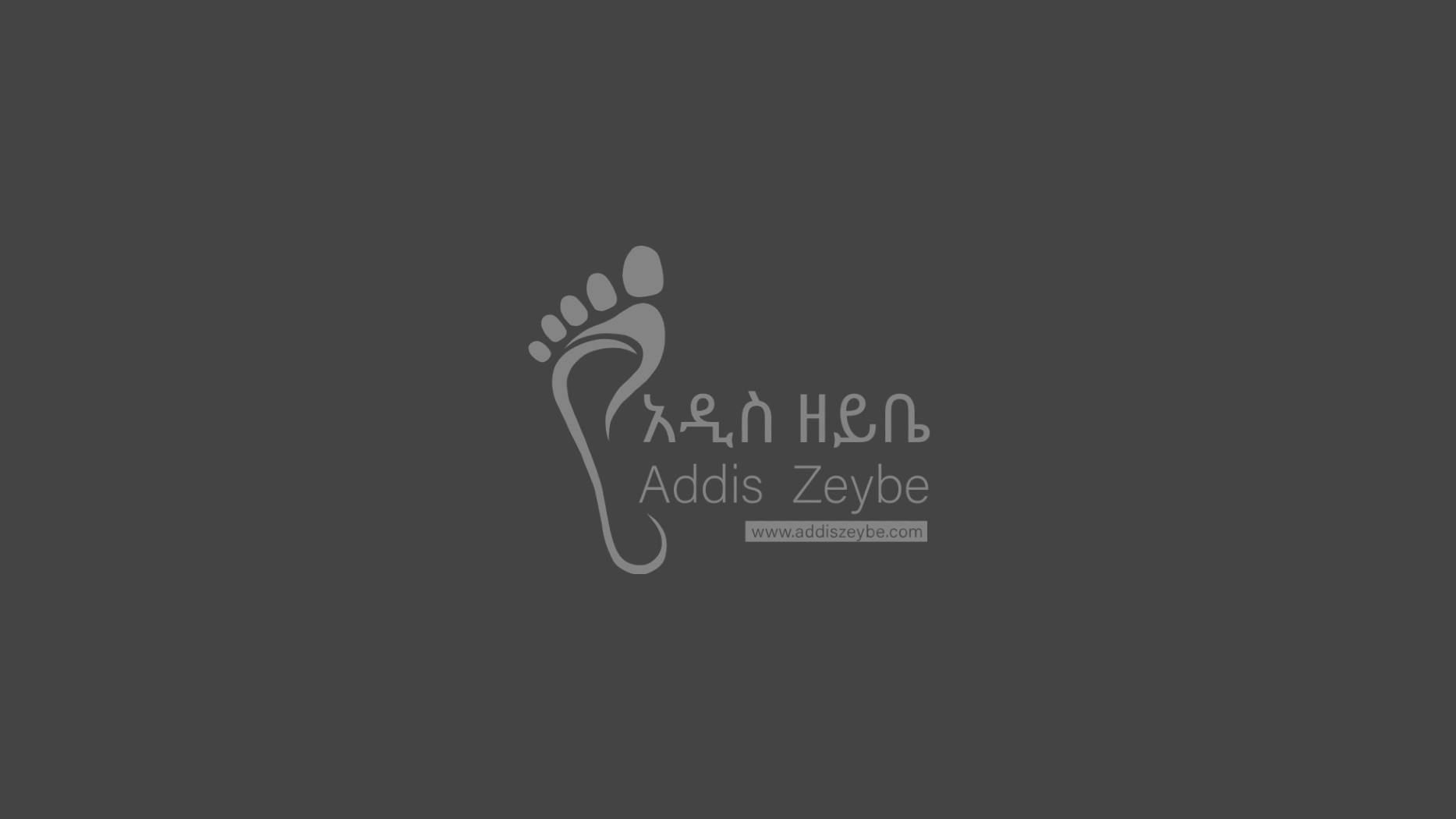The philosopher Ralph Waldo Emerson said “the ancestor of every action is thought”. Emerson’s observation is also true in that speech is also the accessor of most political actions and historically responsible for various forms of mass atrocities. As much as freedom of expression gives vitality to democratic public discourse, it has also historically played a significant role in fomenting hatred and animosity and inciting despicable violence against particular groups of society. While it is true that the roots of genocidal violence—such as those against six million Jews in and close to one million Rwandans—have complex historical and socio-political factors, the historical evidence shows clearly that hate propaganda and incitement of genocidal violence had a significant role in those atrocities
In Germany, the relentless campaign of hate that demonized the Jewish population was systematically orchestrated by a media campaign that incessantly targeted the Jewish community for decades. The infamous Der Stürmer magazine published a series of articles from 1938 to 1941, particularly targeting Jews through hate propaganda and poisoning the minds of millions of Germans to demonize the Jewish community. Some of the articles depicted a despicable caricature of Jews. In many of the articles of Der Stürmer, the notorious hate propagandist Julius Streicher, referred to Jews as “a germ and a pest... a parasite, an enemy, an evildoer, a disseminator of diseases who must be destroyed in the interest of mankind.”
In Rwanda, the infamous Radio Télévision Libre des Mille Collines (RTLM) transmitted hate propaganda and hate speech against the Tutsis, often depicting Tutsis as cockroaches, equating them with animals and sub-human traits. One of the hate propagandists during the Rwandan Genocide, Léon Mugesera, made similar hateful statements against Tutsis. In one of the evidence brought against him in his prosecution for the genocide in Rwanda, he stated: ‘[well, let me tell you, your home is in Ethiopia, we'll send all of you by the Nyabarongo so that you get there fast’” The court through expert evidence was able to establish that this reference was actually intended to say we will kill and send you by the river to where you came from, to Ethiopia.
Scholars argue that in both Germany and Rwanda, the genocide was principally the result of not just direct forms of inciting speech, but more importantly the result of years of hate propaganda that targeted specific communities. While direct forms of incitement to genocide were the immediate cause of the genocidal violence, the seeds of hate were implanted through years of hate propaganda. In Germany the project of mass extermination of Jews was orchestrated through a process of hate propaganda that dehumanized the Jewish population. It is also important to point out this process of hate propaganda had the support of the prominent intellectuals of the time including Carl Schmit and many others. Similarly, in Rwanda, the process of othering also included that the Tutsis were not “real Rwandese” that came from outside, ironically, Ethiopia. A similar pattern of hate propaganda and incitement to genocide was also responsible for mass atrocities, ethnic cleansing and genocide in many parts of the world including in Balkan crisis, and more recently in Myanmar.
Thus, in most cases the form of speech that paves the way for genocide falls under the rubric of hate propaganda. The persistent narrative and discourse focus on the processes of othering and injecting hate in young people that are clueless about verifying historical facts or questioning and reflecting these narratives and discourses. In a sense there is a captive audience that is prey to the hate propaganda that often is supported by the political elite and the intelligentsia. What makes hate propaganda more dangerous in countries in transition like Ethiopia, is also the fact that public consciousness on these issues and the capacity of democratic institutions to counter these impending dangers is limited. Professor William Schabas, a world renowned expert on international criminal law and my former professor at the Irish Centre for Human Rights has argued that hate propaganda itself should be prohibited in international law as it leads to genocide. Observing his experience working in Rwanda and researching on the issue over the years, he concludes that hate propaganda—a subtle yet incessant and powerful form of speech that consistently targets a particular ethnic or religious group—should itself be banned.
Similar patterns of hate propaganda continue to have a significant impact in the political context of states in political transition like Ethiopia. In the context of Ethiopia, there has been alarming levels of hate propaganda which continues to feed the ethnic nationalism that has crippled the country’s ability to sustain its democratic trajectory. This overt emphasis of many intellectuals on historical discourses that often emphasize on the processes of othering, as well as fuel hatred and animosity has undermined progressive political ideals in Ethiopia. Far from that, it has instead played a significant role in fomenting hostility and festering mistrust and suspicion among various communities. The ethnically motivated killing of 87 Ethiopians in November 2019 that came as a result of a Facebook post by Jawar Mohammed is a reminder of how hate propaganda and hate speech has fomented hostility and hatred within the larger Ethiopian public. More recently, this year in July 2010 after the Killing of Hacalu Hundessa, a prominent Oromo singer, a more direct form of ethnic based killings were committed against the Amhara and Orthodox Christians in Oromia region. The fact that the killings were committed in a planned and premeditated manner, in some cases with the support of local officials makes it the most dangerous aspect of the killings and the destruction of millions of worth properties.
History teaches us that in these instances some kind of militancy, democratic-militancy is needed to effectively contain dangerous anti-democratic forces that could have the potential to instigate ethnic cleansing and at worst genocide. In his seminal work on militant democracy, Karl Loewenstein, observing the rise of fascism just before the Second World War has extensively articulated, why in times of transition this militancy could be helpful to contain dangerous anti-democratic fascist forces. One of the key areas that Loewenstein focuses is the need to contain hate propaganda. He argues that in states in political transition, often it is not just direct forms of incitement to genocide that pave the way for ethnic and religious targeted killings but more subtle forms of speech that increase political polarization and animosity among different ethnic and religious groups. Unless these forms of speech are contained, he warns that it could lead to extreme forms of political violence such as genocide and ethnic cleansing. Democracy does not offer uninhibited liberty, but an ordered liberty. When there are overriding interests that require the maintenance of national security and public order of the country, public regulators should have the responsibility of curbing incessant hate propaganda that has the potential to incite violence and descend into ethnic cleansing and genocide.
While there are obvious concerns on free speech why hate propaganda was not banned in international law, the fragile nature of polities in political transition such as Ethiopia provides a compelling reason why in some circumstances hate propaganda should be criminalized or subject to appropriate legal limits. Ethiopia is a test case on why national states in some circumstances should proscribe hate propaganda. Since the political transition that took place in 2018, with the coming into power of Prime Minister Abiy, hate propaganda and the resulting ethnic based killing have crippled the country’s democratic trajectory. What makes hate propaganda more dangerous in countries in transition like Ethiopia, is also the fact that public consciousness on these issues and the capacity of democratic institutions and the civil society to counter these impending dangers is limited.
Ethiopia has adopted an anti-hate speech and disinformation law recently. It remains yet to be seen how effectively the law can curb the dangerous hate propaganda that has crippled the country’s democratic transition. While international law does not prohibit hate propaganda, national states have the discretion to provide appropriate legal limits on free speech, that poses serious public order challenges to the state. Criminalizing hate propaganda may not be the only way to contain it’s potential for ethnic cleansing and genocide. There are a host of other regulatory options including fines and taking measures against media houses that persistently disseminate hate propaganda. By using these host of criminal, and administrative measures, Ethiopia’s militant democratic posture may be able to save it from the impending danger of derailing the much needed political transition to democracy and at worst to ethnic conflict.
Mesenbet Assefa (PhD)
Assistant Professor of Law, Addis Ababa University School of Law
The Author can be reached at tsehay2000@gmail.com or mesenbet.assefa@aau.edu.et


